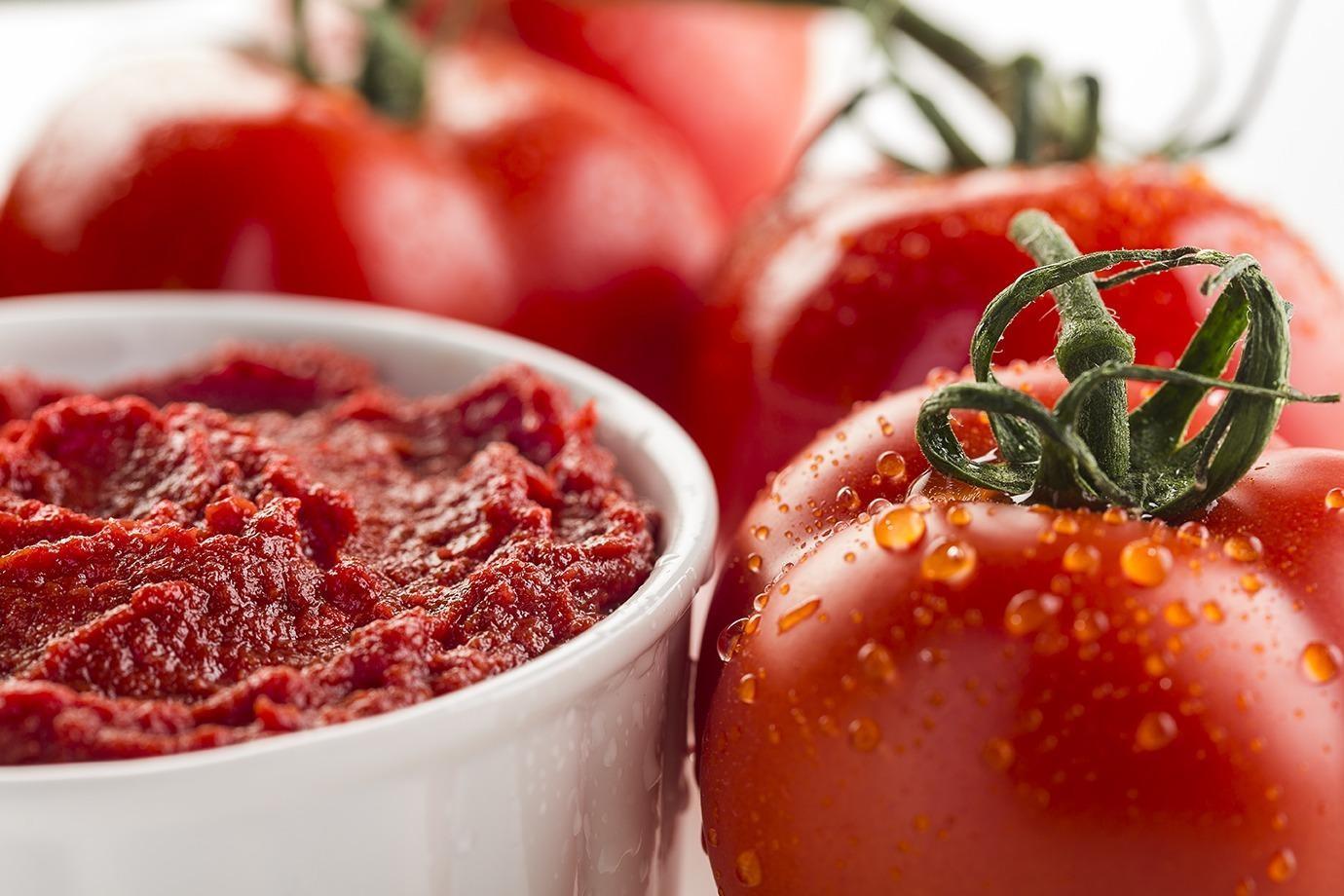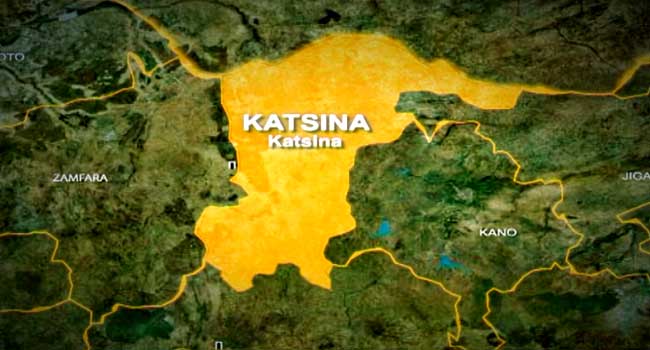Tomato Growers Association of Nigeria Laud New Tomato Policy


The new tomato policy in Nigeria will attract more investments and improve local production of the staple.
It will also ensure a rebound in local processing activities and give farmers better deals.
The Spokesman of the Tomato Growers Association of Nigeria, Richard Mbaram told Voice of Nigeria that placing a punitive duty regime on tomato imports was an appropriate policy stance.
He said that “Nigeria had the in-country capacity to produce enough for its local demand and export to other West African states, but it has not exploited that over time because of policy challenges.’’
Smuggling activities
Mr Mbaram lauded the policy, advising the government to be mindful about smuggling and the need for the Customs to be brought into its implementation.
“If you don’t have their buy-in and consistent support, you will have a situation where the smugglers will run the policy aground,” he said.
The Nigerian government on Tuesday unveiled the new Tomato policy aimed at boosting production, improving the value chain and attracting investments.
The Minister of Industry, Trade and Investment, Mr Ugochukwu Enelamah said that the policy was targeted increasing local production of fresh tomato fruit required for fresh fruit consumption and processing; increasing local production of tomato concentrate and reduce post-harvest losses.
It was developed by the Ministry of Industry, Trade and Investment, and is being implemented in collaboration with the Federal Ministry of Agriculture and Rural Development, Federal Ministry of Finance, Federal Ministry of Water Resources, Central Bank of Nigeria, Bank of Industry and the National Agency for Food and Drug Administration and Control.
The policy is putting a stop on the importation of tomato paste, powder or concentrate put up for retail sale. There is also an increase in tariff on tomato concentrate to 50 per cent, with an additional levy of 1500 Dollars per metric tonnes.
It is equally placing restriction on the importation of tomato concentrate to the seaports, to address the abuse of the ECOWAS Trade Liberalisation Scheme.
Nigeria ranks 16th on the global tomato production scale, accounting for 10.79 per cent of Africa’s production. However, an alarming 45 per cent of tomatoes harvested is lost due to a number of factors.
These include; poor food supply chain management; price instability resulting from seasonal fluctuation in production and the supply preference of farmers and middlemen for urban markets than processors due to low farm gate prices.
The loss, according to the Horticulture Transformation Tomato Value Chain Implementation Action Plan 2012–2015 of the government, comes to about 750,000 tons per year.
This is despite the fact that Nigeria has not been able to meet domestic demand for tomatoes. Current demand is estimated at about 2.24 Million metric tons per annum, while the country manages to produce only about 1.8 Million metric tons per annum.
Source: NTA











1 Comment
This is a welcome development for the Tomato Industry,if the perennial loss of this product is curtailed,by enhancing the value chain,will go along way in solving the problem of tomato industry in Nigeria